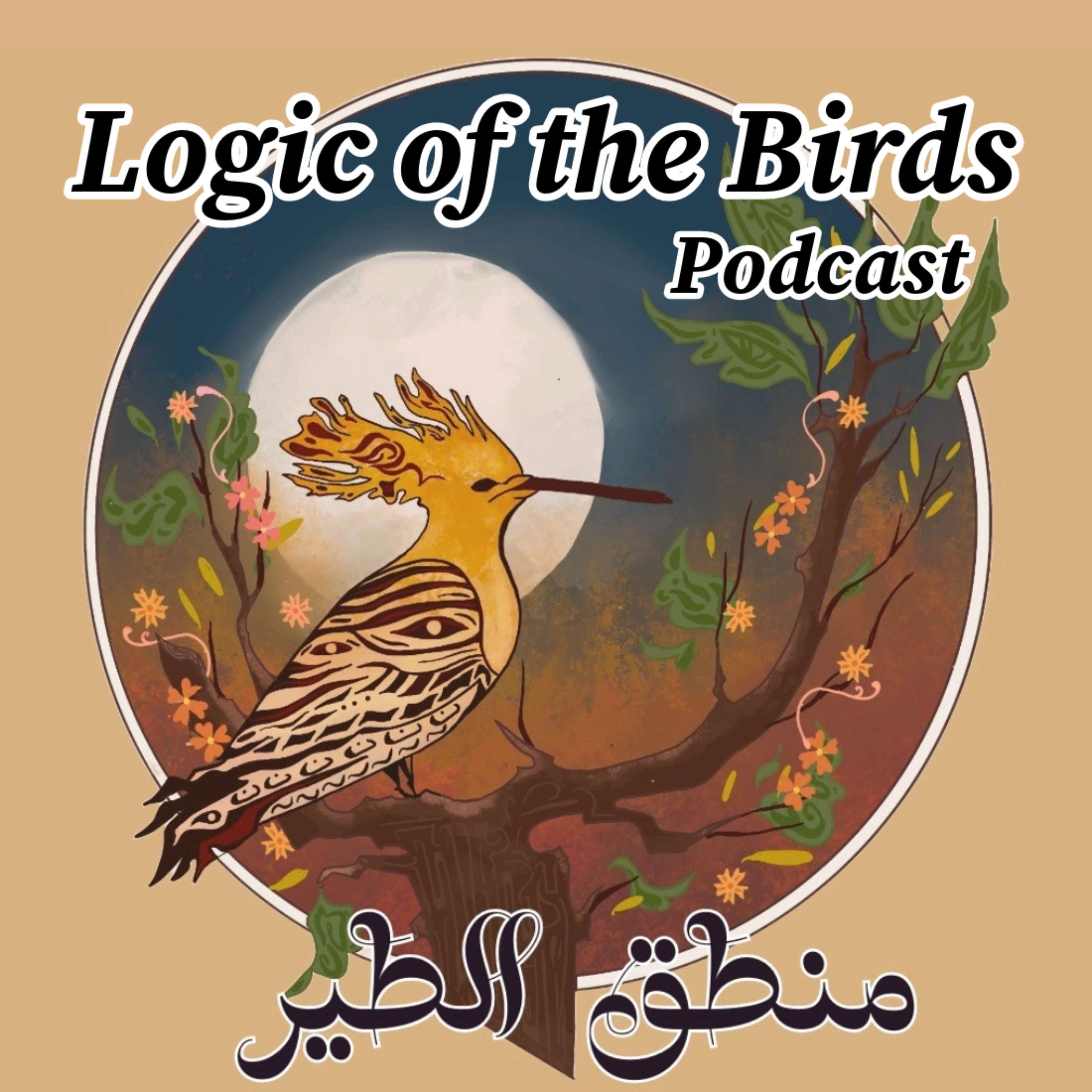Episode 7: Amir Khusraw
Description
Professors Prashant Keshavmurthy and Shankar Nair explore the brilliant and multilingual poetry of Amir Khusraw (651-725 /1253–1325), one of the most celebrated and influential South Asian poets, known as Tuti-i Hindi, “The Parrot of India”. A court poet and an devoted disciple of the great Sufi saint, Nizam al-din Awliya’ (next to whom he is buried in Delhi), Khusraw is known for his mastery of multiple genres, flowing style and īhām (double or more-entendres), his musical ability (he is sometimes called “the father of qawwali”), and remarkable creativity. His poetry is still popularly sung today in South Asia and South Asian communities around the world.
Links and Further Reading/Listening:
Amīr Khusraw, In the Bazaar of Love: The Selected Poetry of Amīr Khusrau. Translated by Paul Edward Losensky and Sunil Sharma. Penguin Books, 2011.
Sunil Sharma, Amir Khusraw: The Poet of Sultans and Sufis. Oneworld Publications, 2005
Alicia Gabbay, Islamic Tolerance: Amir Khusraw and Pluralism. Routledge, 2010)
Mohammad Habib, Hazrat Amir Khusrau of Delhi. Bombay: Taraporevala Sons and Co., 1927. (Reprint; Lahore, 1979).
Mohammad Wahid Mirza, Life and Works of Amir Khusrau. Lahore: Punjab University Press, 1962. (Reprint; Delhi, 1974).
Faruqi, Shamsur Rahman. A Stranger in the City: The Poetics of Sabk-e Hindi. Annual of Urdu Studies vol. 19 (2004).
Regula Burckhardt Qureshi, Sufi Music of India and Pakistan: Sound, Context, and Meaning in Qawwali. University of Chicago Press, 1995.
Bruce Lawrence, Morals for the Heart: Conversations of Shaykh Nizam ad-din Awliya Recorded by Amir Hasan Sijzi. Paulist Press, 1992.
Carl Ernst and Bruce B. Lawrence, Sufi Martyrs of Love: The Chishti Order in South Asia and Beyond. Palgrave Macmillan, 2002.
Sunil Kumar, The Emergence of the Delhi Sultanate, 1192-1286. Permanent Black, 2010
Sunil Sharma, Five Centuries of Copying, Illustrating and Reading Amir Khusraw’s Poetry,
More Episodes
Professor Seyyed Hossein Nasr joins us to discuss the poetry of Shams al-dīn Muḥammad Shirāzī (1325-1390), better known by his pen-name, Hafez. Widely considered the greatest master of the Persian ghazal, his poetry was acclaimed even during his lifetime, winning him fame as far as Bengal. His...
Published 04/30/24
Published 04/30/24
Professors Michael Sells and Hany Ibrahim explore the poetry of Muḥyī ad-Dīn Ibn al-‘Arabī (1165-1240), the Andalusian scholar, mystic, poet, and author known as the Shaykh al-Akbar, “The Greatest Master.” One of the most influential Islamic thinkers and spiritual figures of all time, Ibn...
Published 04/21/24


